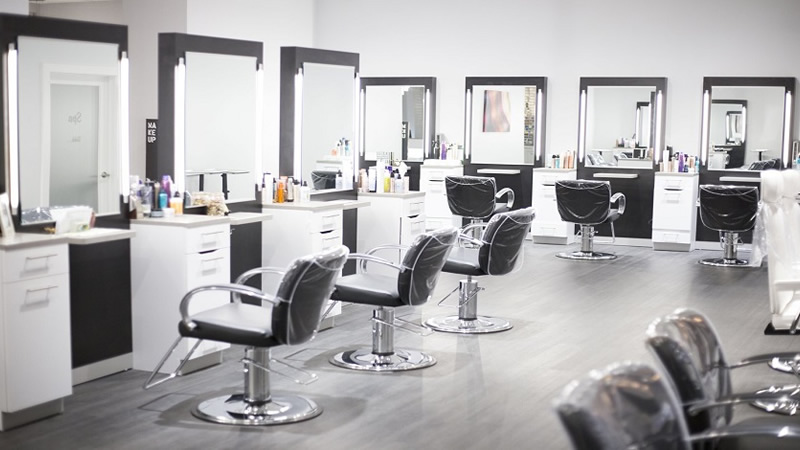
Hair and Beauty Professionals – What Insurance do you need?
Share0Hairdressers and beauty professionals should be covered by insurance, whether they work for a salon or are self-employed, for instance running a mobile hair and beauty business. Those not covered by an employer’s policy will need to buy their own cover. But what insurance do those in the beauty business need? Let’s run through some of the important types of hairdressing insurance to consider.
What type of insurance do hairdressers need?
Hairdressers should all be covered by public liability insurance at a minimum, because they work in direct contact with members of the public. If a third party like a client is injured accidentally (e.g., someone slips on a wet floor and is injured in the fall) they could sue you/your business. That’s where public liability insurance comes in. It can also cover property damage.
Besides public liability, a hairdresser might want to cover their tools and equipment in case they’re stolen or damaged. Not all damage would be covered by insurance, however, so it’s important to understand what types of situations are covered. For example, equipment damage due to wear and tear or a malfunction would not be covered by tools and equipment insurance. But theft or damage in a flood would usually be covered.
If you keep inventory of expensive products to sell to your clients, you might want contents insurance to cover your inventory.
If you hire anyone to work for you, you’ll need employers’ liability insurance. It’s required be law for any employees, even if they work part time or on a temporary basis or are paid in cash. There are very few exceptions to needing employers’ liability insurance once you’ve hired any staff.
The only exception to needing to buy your own hairdresser insurance is if you are an employee yourself or are a hairdresser renting a chair, and the salon you work within has agreed to add you to their insurance policy. However, don’t assume this will be the case – you need to check you are individually covered as a self-employed hairdresser.
Hair and Beauty Public Liability Insurance
Public liability insurance covers hair and beauty professionals if a member of the public is injured or has their property damaged by your business. It covers legal costs and any compensation you have to pay out, should you be found liable.
The nature of hairdressing means it must always be done in person. As a result, you will have clients and members of the public entering your salon on a daily basis. Any number of things could cause them to injure themselves – from a client-employee interaction to them having an accident as they walk through the salon.
Many self-employed hairdressers and salons also sell at-home treatments. These can these cause irritation or even damage to a client’s home, resulting in a lawsuit.
Public liability can cover a salon or you can take it out if you are a self-employed hairdresser, too. Many of the aspects still apply to both full-fledged salons as well as mobile hair businesses since both involve working with the public in a hairdressing capacity.
Public liability example for a hairdresser: An employee accidentally cuts the skin of a client in the neck with their scissors. It is serious enough to require stitches and the client has to go to hospital. They require time off work to recover and are left with a scar, so they sue you for damages.
Compare hair and beauty insurance
To find the cheapest quote and the best cover, it’s smart to compare hair and beauty insurance from more than one source. You can use direct insurers like AXA or Direct Line, comparison sites or brokers. There are a few specialist providers for hair and beauty insurance as well.
When comparing quotes, there’s more to consider than just the premium and the policy limits (the maximum amount an insurer will pay towards a claim). Be sure to check the excess, which is the amount you contribute towards a claim. (You cover the amount equal to the excess and the insurer covers the rest of a valid claim, up to the policy limit.) Also, find out if extras are included like treatment insurance or accidental damage if you buy contents insurance. You may also want to compare customer reviews and opening hours for customer service and the claims line.
Do hairdressers need insurance?
Self-employed hairdressers don’t legally need insurance (unless they hire any staff or workers), but without it are vulnerable to financial ruin if a client or member of the public is injured or has their property damaged. Or if their tools or products are stolen or damaged. Given even a trip on a cable can cause serious injury, it’s well worth getting cover since it’s usually only a few pounds a week for a hairdresser. In return, you’ll get peace of mind that your business won’t be threatened for what is often a genuine mistake or accident.
